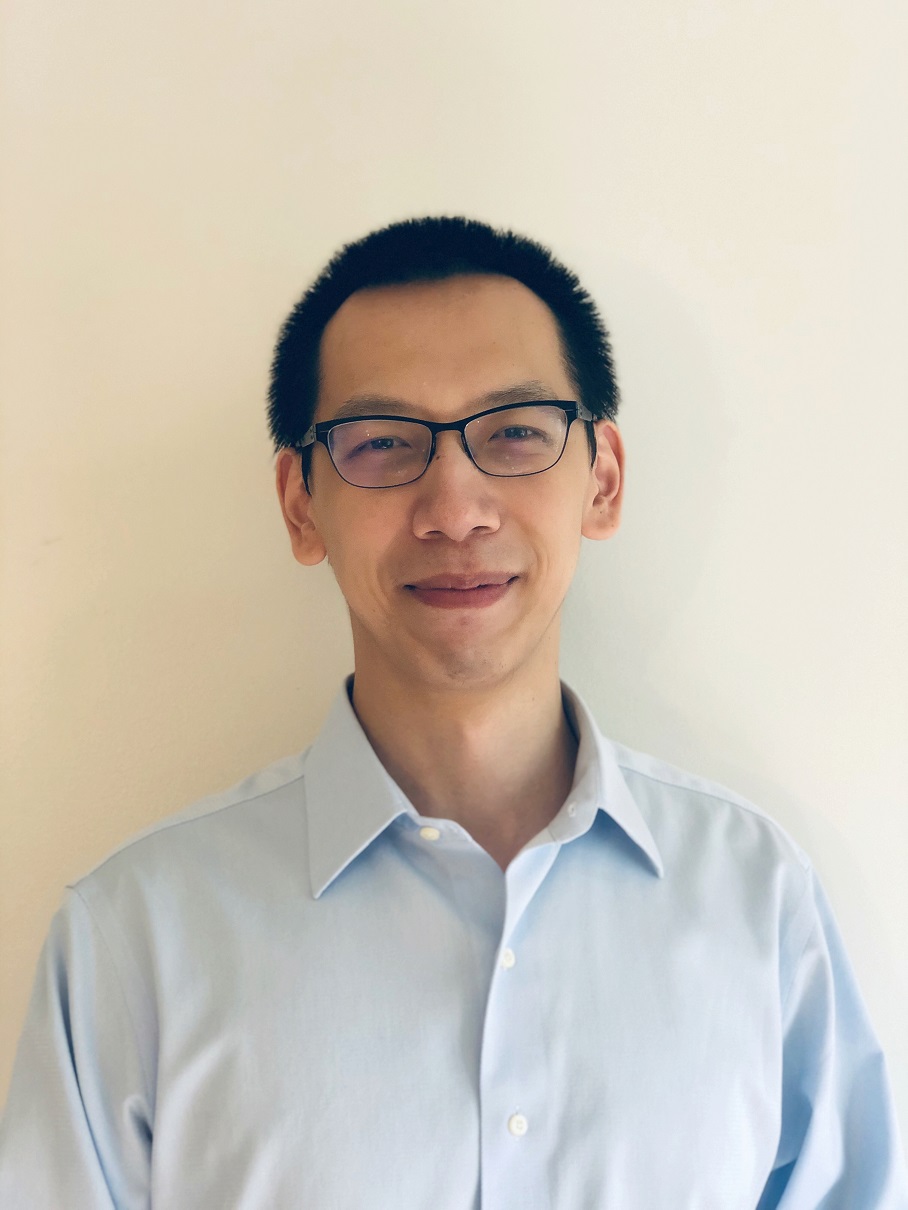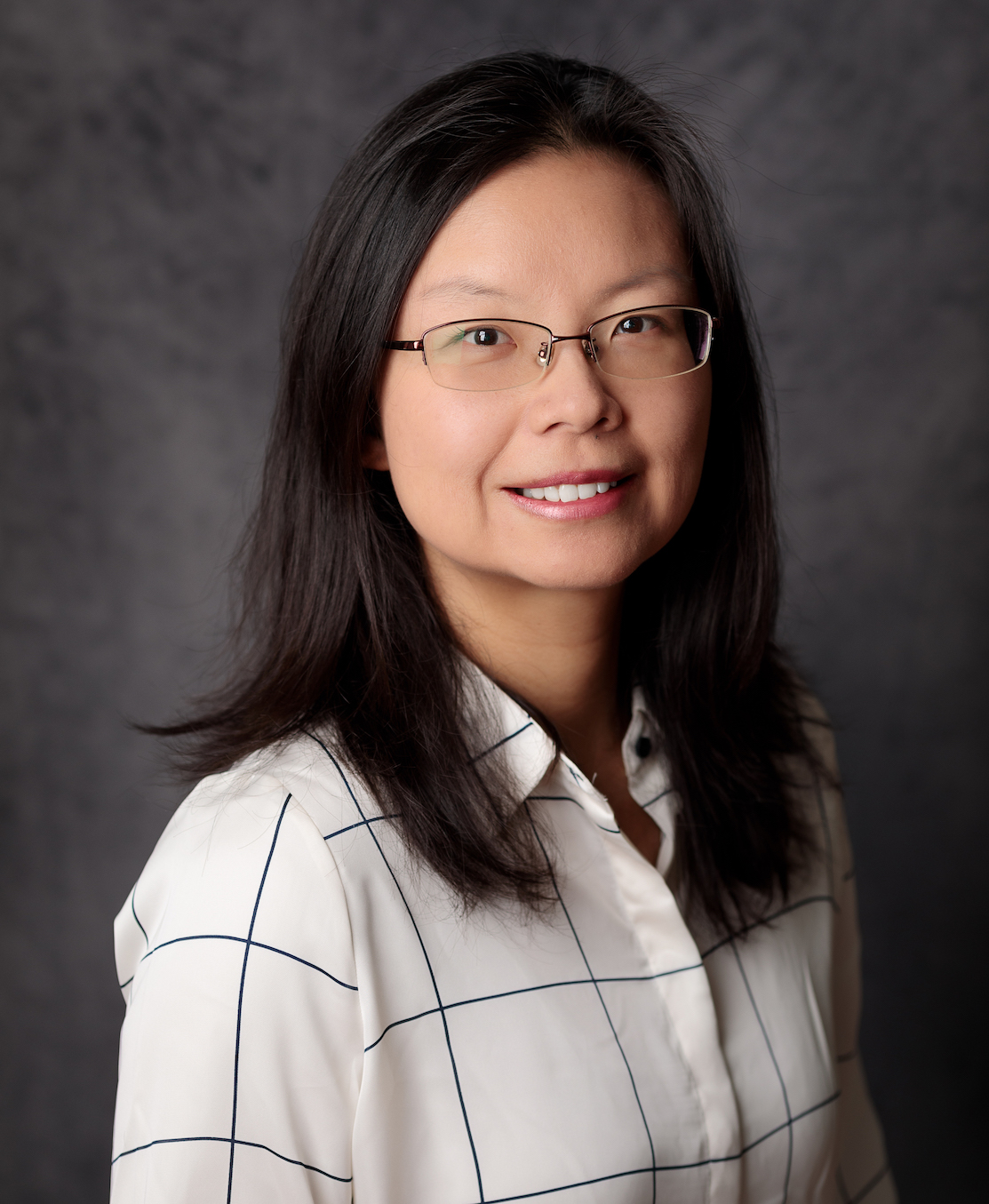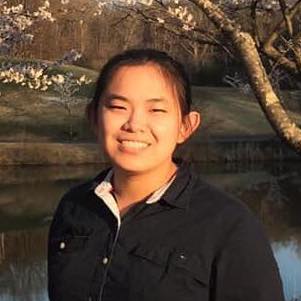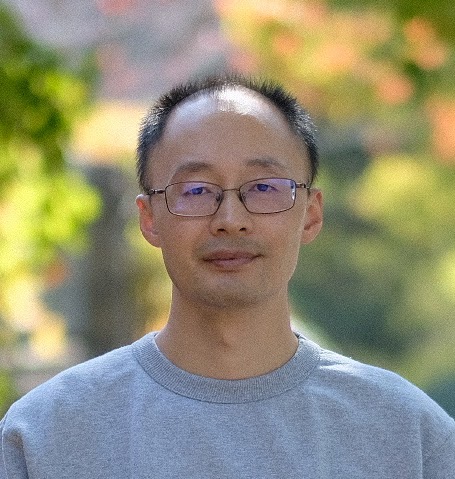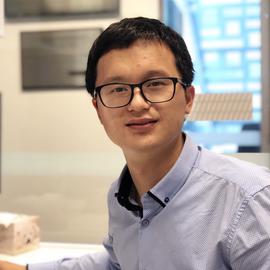Speakers
AI-Driven Forecasting: Harnessing Social Media for Event and Epidemic Prediction
This talk explores how social media time series can be leveraged for the early warning of societal events using the AI-driven forecasting system EMBERS. By modeling temporal patterns in open-source data, augmented by Dynamic Query Expansion (DQE), EMBERS generates real-time predictions of civil unrest with actionable lead times. I will outline its key components, including time-aware event modeling and retrospective evaluation using metrics such as lead time and precision. Case studies from Latin America illustrate how temporal modeling of social signals can yield proactive insights into complex societal dynamics. The second part of the talk introduces SimNest, a deep learning framework that integrates computational epidemiology with social media for real-time flu surveillance. I will also present a multi-task learning approach for spatiotemporal forecasting across regions, designed to address data sparsity and geographic heterogeneity. Together, these approaches demonstrate how AI can effectively model social media time series to enhance crisis anticipation and response.
Knowledge-Guided Machine Learning for Scientific Discovery: Challenges and Opportunities
Data science and machine learning (ML) models, which have found tremendous success in several commercial applications where large-scale data is available, e.g., computer vision and natural language processing, has met with limited success in scientific domains. Traditionally, physics-based models of dynamical systems are often used to study engineering and environmental systems. Despite their extensive use, these models have several well-known limitations due to incomplete or inaccurate representations of the physical processes being modeled. Given rapid data growth due to advances in sensor technologies, there is a tremendous opportunity to systematically advance modeling in these domains by using machine learning methods. However, capturing this opportunity is contingent on a paradigm shift in data-intensive scientific discovery since the “black box” use of ML often leads to serious false discoveries in scientific applications. Because the hypothesis space of scientific applications is often complex and exponentially large, an uninformed data-driven search can easily select a highly complex model that is neither generalizable nor physically interpretable, resulting in the discovery of spurious relationships, predictors, and patterns. This problem becomes worse when there is a scarcity of labeled samples, which is quite common in science and engineering domains. My work aims to build the foundations of knowledge-guided machine learning (KGML) by exploring several ways of bringing scientific knowledge and machine learning models together. In particular, we discuss gaps and opportunities in scientific discovery and show the effectiveness of KGML in multiple applications of great societal and scientific relevance. My work also has the potential to greatly advance the pace of discovery in a number of scientific and engineering disciplines where physics-based models are used, e.g., hydrology, agriculture, climate science, materials science, power engineering and biomedicine.
From Repetition to Insight: Shaping a More Interpretable Future through Time Series Motif Discovery
Massive amounts of data are generated daily at a rapid rate. As a result, the world is faced with unprecedented challenges and opportunities on managing the ever-growing data, and much of the world's supply of data is in the form of time series. In this presentation, I will explore unsupervised pattern discovery in time series data, with a particular emphasis on time series motif discovery. Time series motif discovery involves identifying recurring, similar patterns within a dataset over time. These motifs are essential for summarizing repetitive behaviors, uncovering hidden structures, and revealing meaningful semantics within complex time series data. Beyond their role in providing insight into the data, motifs serve as powerful building blocks for a variety of downstream tasks, such as classification and anomaly detection, and enable us to build more effective, transparent, and interpretable models. In this talk, I will address the foundational challenges that arise in motif discovery. I will also highlight recent advancements that have made significant strides in overcoming these challenges.

